The 14th edition of the SEE FF PARIS-BERLIN-WASHINGTON 2024 is officially closed.
We hope you had a good time with the SEE films.
We like to thank our friends:
CINESQUARE.NET film platform,
for their generous contribution and support, which made this online edition possible.
The members of the European jury of SEE FF 2024:
Frosa Pejoska-Bouchereau, president,
Igor Stanković,
Frederic Fappani von Lothringen, and
Yves Rousslet,
announced their winners:
- Best actor : Naum Shopov (WINGLESS) (BUL) / Alexis Manenti (GUARDIANS OF THE FORMULA) (SRB)
- Best actress : Danica Čurčić (SIRIN) (MNE) / Anne Serra (GUARDIANS OF THE FORMULA) (SRB)
- Best script : Nina Ognjanović (WHERE THE ROAD LEADS) (SRB)
- Best director : Dragan Bjelogrlić (GUARDIANS OF THE FORMULA) (SRB)
- Best feature film : GUARDIANS OF THE FORMULA (SRB)
- Best short film : THE THIEF - Matteo Pizzocaro / (GRE)
- Best documentary : SHATTERED CHAINS RETURNING FROM ISIS - Sibil Abdiu (MK)
- Best animation: FLIP - Ivailo Boliarov (BUL)
The awards of the American jury, consisting of:
Patricia Corbett, president,
Jacqueline Headington, and
Roman Kostovski, are:
- Best actor: Radivoje Raša Bukvić / Alexis Manenti - (GUARDIANS OF THE FORMULA) (SRB)
- Best actress: Danica Čurčić (SIRIN) (MNE)
- Best script: Vuk Ršumović, Ognjen Sviličić, Dragan Bjelogrlić (GUARDIANS OF THE FORMULA) (SRB)
- Best director: Dragan Bjelogrlić (GUARDIANS OF THE FORMULA) (SRB)
- Best feature film: GUARDIANS OF THE FORMULA (SRB)
- Best short film: BOXES - Angela Dimoska (MK)
- Best documentary: SAINT GREGORY - Nataša Nelević (MNE)
- Best animation: RECONSTRUCT - Gabor Ulrich (HUN)
- Grand Prix of Academia Balkanica Europeana 2024 - LIGHTS AND SHADOWS - Dragan Elčić (SRB)
The European Young Jury Paris-Berlin
announced their awards:
Best Actor: Alexis Manenti (GUARDIANS OF THE FORMULA) (SRB)
Best Actress: Danica Čurčić (SIRIN) (MNE)
Best Script : Nina Ognjanović (WHERE THE ROAD LEADS) (SRB)
Best Director: Dragan Bjelogrlić (GUARDIANS OF THE FORMULA) (SRB)
Best Feature Film: WHERE THE ROAD LEADS - Nina Ognjanović (SRB)
Best Short Film: AMBROZIA - Borimir Ilkov (BUL)
Best Documentary: SAINT GREGORY - Nataša Nelević (MNE)
Best Animation: REZZAN - Özlem Baykuş (TUR)
Congratulations and SEE you next year!






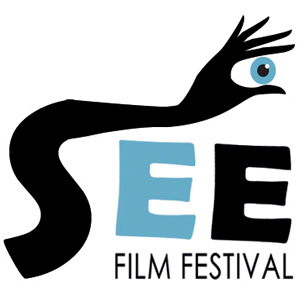
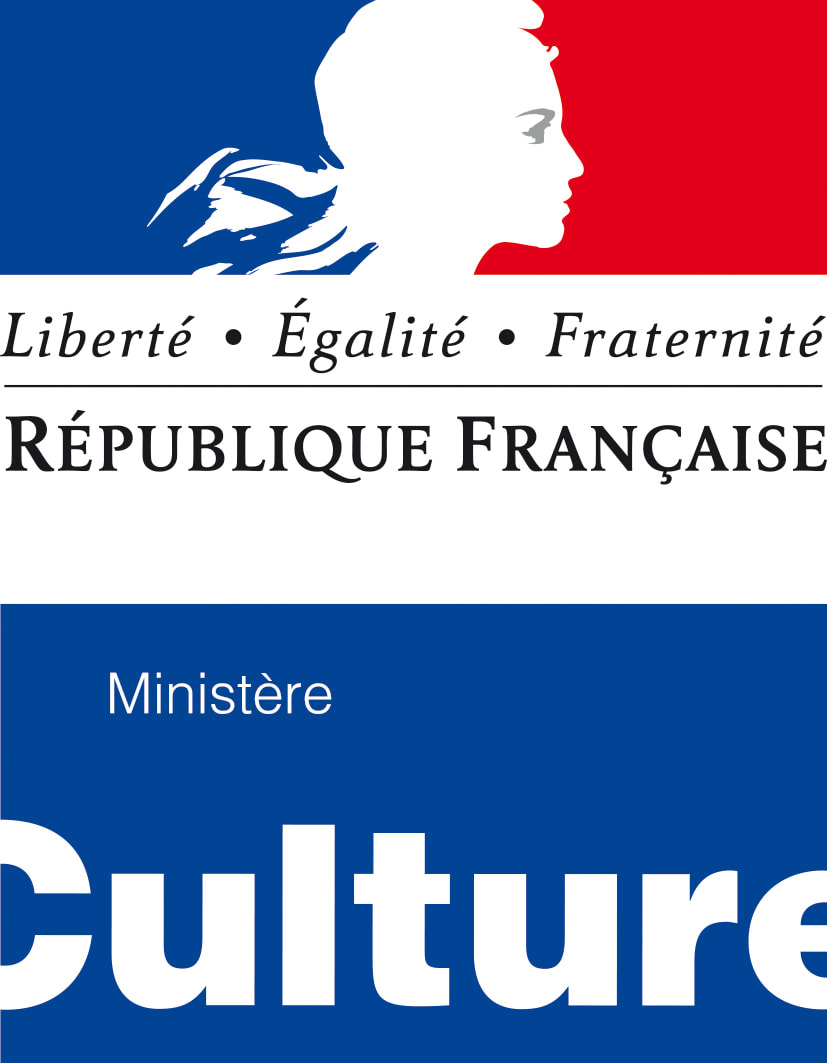
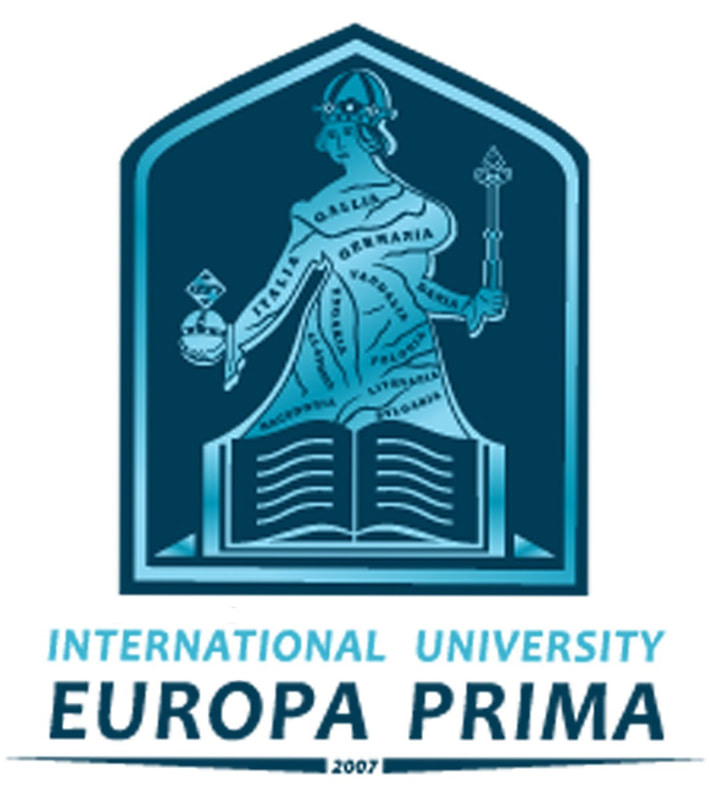
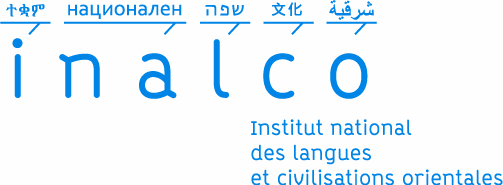


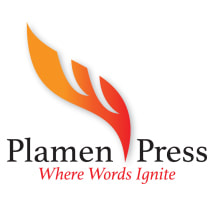


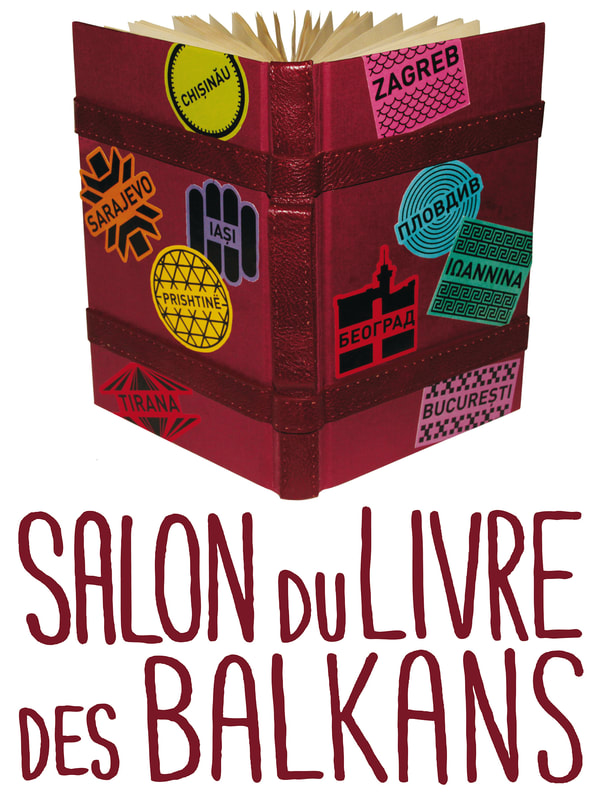
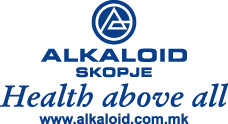
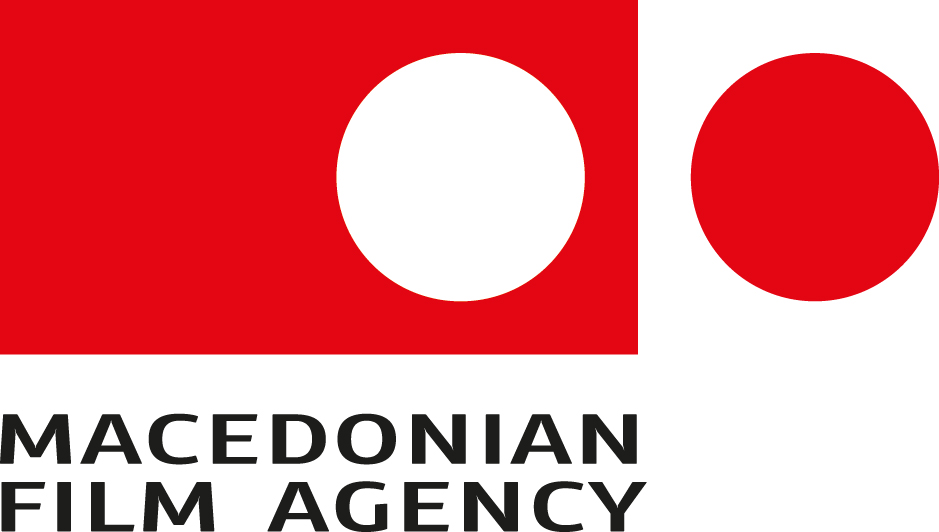
 RSS Feed
RSS Feed
